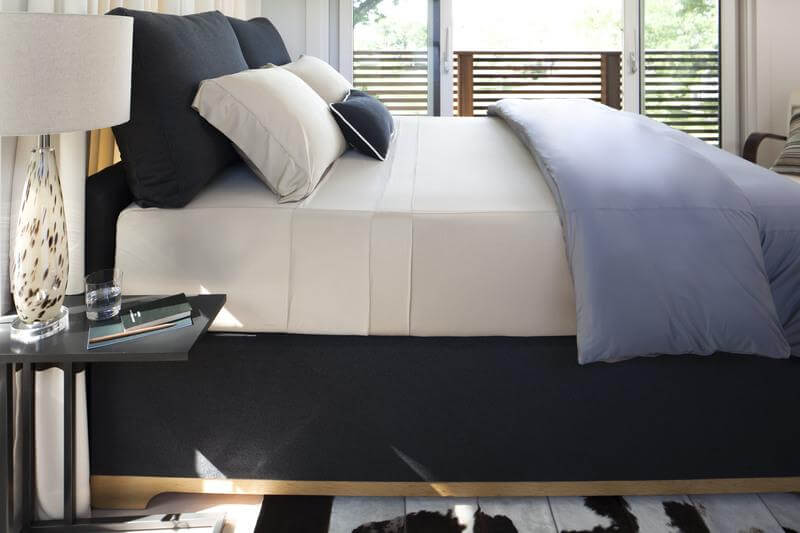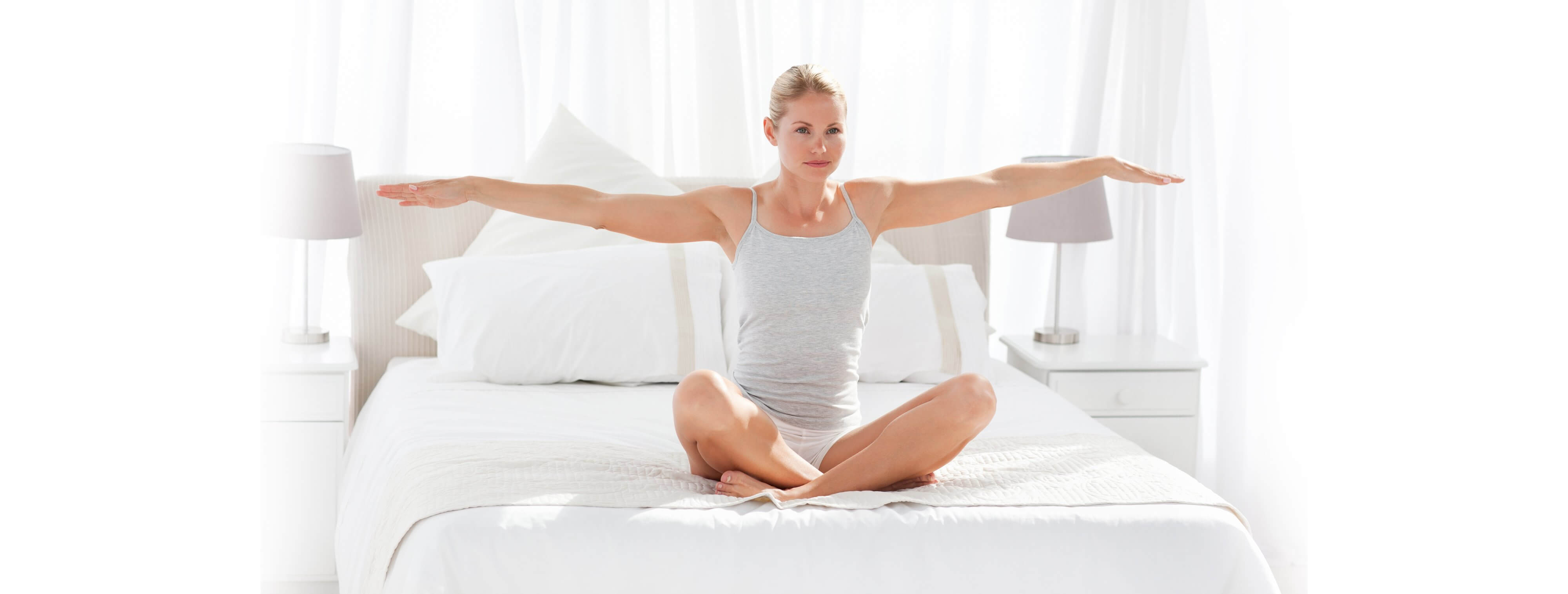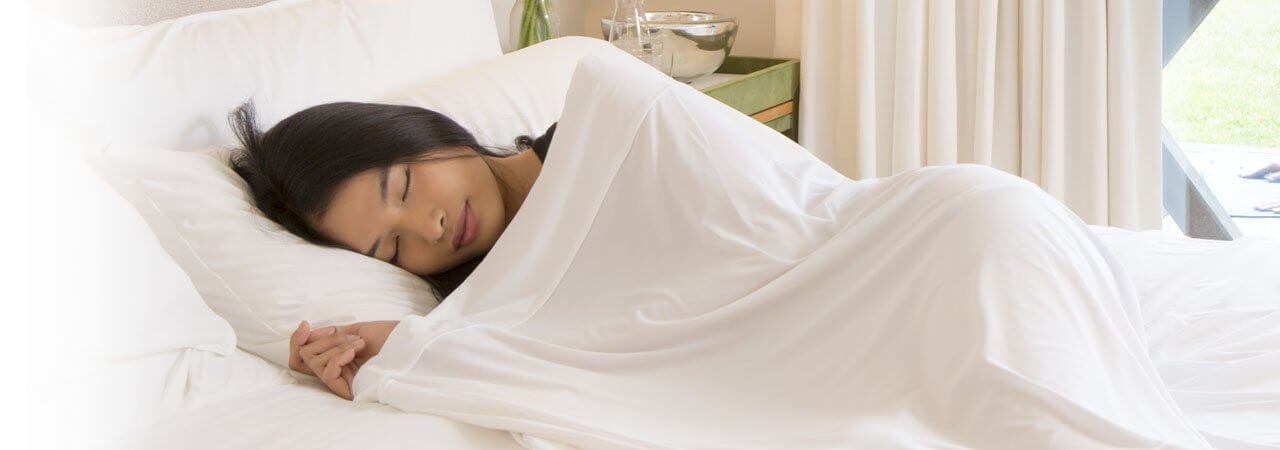Teenagers are notorious for staying up late and unwilling to get up early. Interestingly enough, there's a scientific reason for this behavior. Once puberty hits, there's a shift in the internal clocks of an adolescent by about two hours. This fluctuation means their bodies start producing melatonin — the sleep-inducing hormone — later in the evening. Biological changes aside, a majority of teens aren't getting enough sleep. According to the Better Sleep Council, nearly 80% of teenagers get less than seven hours of sleep per night.
Below we'll take a look at what happens to a sleep-deprived teenager, whether schools should start later, and the solutions that can help teens get better sleep.
Teens and Sleep Deprivation
Because teens' bodies and brains are still developing, The American Academy of Pediatrics recommends teenagers get 8-10 hours of sleep to function at their best during the day. But as mentioned previously, most teens aren't getting the proper amount of shut-eye. A sleep-deprived teenager can expect to deal with the following issues:
- A lack of concentration: Tired teens struggle to focus, learn, and stay awake in class, which can result in poor grades.
- Mood swings: It's no secret hormonal changes can cause teens' moody behavior. But when you add sleep deprivation to the mix, it can make their mood swings even more erratic.
- Drowsy driving: When teenagers are tired behind the wheel, it can lead to serious and even fatal car accidents.
- Depression: One study reports that teens who regularly sleep less than six hours are four times more likely to suffer from depression than teens who sleep eight hours or more.
- Health problems: Researchers suggest teens who suffer from sleep deprivation have higher blood pressure and cholesterol than their well-rested peers.

Should School Start Later?
If your teen complains that school starts too early, don't roll your eyes. They may have a good point. In 2018, researchers worked with two Seattle, Wash., schools to experiment with later school times. The students selected for the study gained 34 extra minutes of sleep on average. They reported feeling more alert during class, resulting in improved attendance and a 4.5% increase in grade averages.
Also, several respected organizations — including the American Academy of Pediatrics and the American Academy of Sleep Medicine — advocate for this change. If you feel strongly about later school times, there are plenty of ways you can get involved.
What are the Solutions?

Ultimately, it's up to parents to stress the importance of sleep to their teens. Try these techniques to encourage them to get quality shut-eye:
- Set a digital curfew: Encourage your teen to shut off their phone, laptop, or video games at least an hour before bedtime. The blue light emitting from the screen stimulates their brain, making it harder to fall asleep.
- Make their bedroom cool: Between 65 and 67 degrees is the ideal room temperature for sleeping. Breathable and temperature regulating SHEEX Sheets can also help your teen stay at ideal sleeping temperatures
- Keep them away from sleep supplements: While natural aids like melatonin can be helpful for adults, practicing good sleep hygiene is better for a teen's developing body and brain.
- Avoid caffeine at night: Make sure your teen stops drinking coffee or soda after 2 p.m.
- Check their mattress: If you haven't changed their mattress after seven years, you should consider an upgrade. A SHEEX® Performance Cooling Mattress makes an excellent replacement.
Another way to promote better sleep for your teen is to switch out their old bedding with our technical ORIGINAL PERFORMANCE Sheet Set. Our moisture-wicking sheets offer breathable fabric that's 10x better than traditional cotton. Plus, they have naturally deep pockets that conform perfectly to the mattress.
SHEEX is here to help your teen get on the path to better sleep and a restful night of ZZZs.






